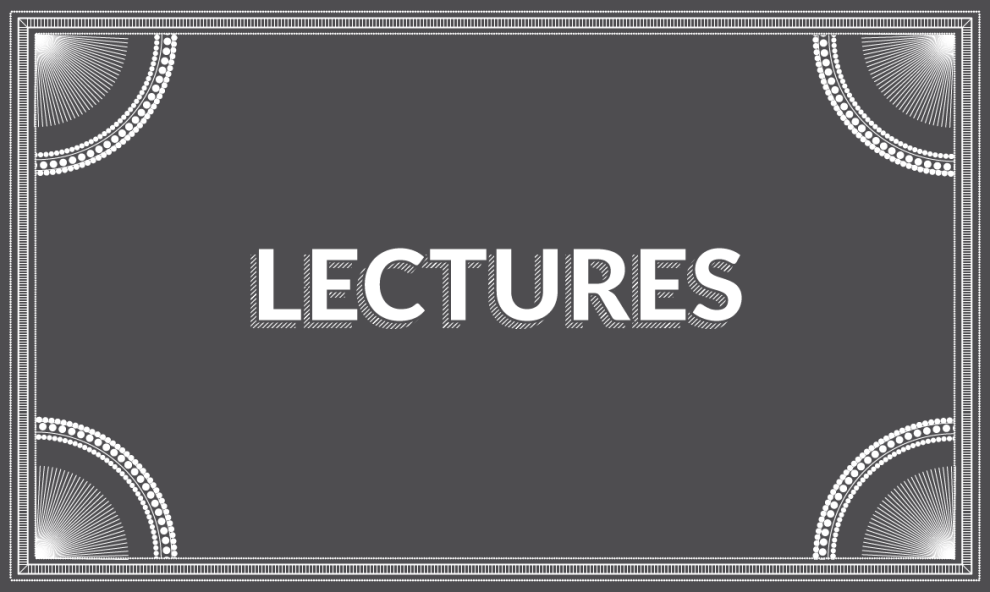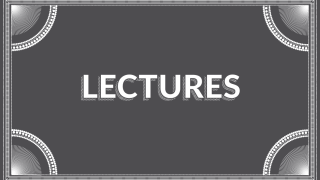“One is not who he is because of what he writes, but because of what he has read.” Jorge Luis Borges
I recently had access to a marvelous read, The Book of Disquiet, by the poet and writer Fernando Pessoa. I had read his chronicles and novels that described Lisbon, his city, in exceptional fashion. This book showed me an author who was many authors in one, with distinct stories, positions, ideological visions and even biographies. The book is a compendium of incomplete writings, notes and diverse paragraphs intended to be the autobiography of one of his characters, an alter ego of Pessoa himself. It is like a diary with prose, poetry and narrative that one cannot put down for even a minute.
The Passage of Power is the fourth volume of the biography that Robert Caro writes about Lyndon Johnson, and comprises the period when Johnson becomes the U.S. Senate majority leader until Kennedy’s death, the fact with which Johnson assumed the presidency. What’s extraordinary about the biography is that it is a blood-and-guts study of power: a detailed and punctilious explanation of bona fide politics. Just for illustration, in the first volume Caro devotes 14 pages to describing how Johnson, a young mover and shaker of 17, became the leader of the senatorial assistants by spending five hours in the Senate restrooms where he shaved 57 times while he won over all of his peers. The Caro biography is somewhat the face side of the coin of Memorias by Gonzalo N. Santos: two politicians out to conquer the world.
A World Transformed is a bit sui generis. Written by President Bush Sr. and his then National Security Advisor, Brent Scowcroft, the book deals with the worldwide transformation that this U.S. President was witness to during his mandate. While this former president could have written any one of the memoirs among the thousands that prominent politicians publish, what is extraordinary about this tome is that it reveals the dilemmas that Bush faced and the way he conducted his administration in attempting to achieve a successful landing of the relationship between the United States and Russia after the fall of the Berlin Wall, the German reunification and the demise of the Soviet Union. An enormous geopolitical transformation related as if observed by its two main protagonists. The book is not new (it was published in 1999) but it is a fascinating story recounted with modesty and aplomb.
The Law of the Constitution, a treatise on Rule of Law, originally published by AV Dicey in 1885 and only available thanks to the extraordinary Liberty Fund editorial project, constitutes an opus magnum on the contents and nature, but also the limitations, of Rule of Law. The most riveting part of Dicey’s study for me is the comparison of the English and the French legal systems in terms of Rule of Law. For Dicey, this concerns two systems so foreign to each other in fundamental conception that they start with radically distinct ways to understand and conceive of the relationship of the individual and the State. Protection of property as conferred by administrative law (as Dicey calls the French system) before that which the English “common law” confers entails different treatments for investors, commerce and actions on the part of individuals. These differences explain many of the conflicts we observe in the application, for example, competition law in Mexico, (which is based on the English system) before the general legal system, which derives from Roman law.
Wayne A. Leighton and Edward J. López have written a captivating book on the factors that favor or impede change in a society. Their point of departure is that “political change is as follows: Incentives are shaped by the rules of the game, which economists call institutions, and these institutions in turn are shaped by the ideas in a society. In other words, ideas matter”. From this the authors attempt to respond to three queries: Why do democracies generate policies that impose net costs on society? Why do such policies persist over long periods of time, even if they are known to be wasteful socially and there are better alternatives? And why do certain wasteful policies eventually get repealed, while others endure Their response, in Madmen, Intellectuals and Academic Scribblers, is that change comes about when those who create the ideas, those who argue about these and those who decide on political policies rebel against the existing order and become change-promoting “entrepreneurs”.
The most profound and interesting book I have read so far this year was Margaret Thatcher’s authorized biography*, published posthumously. Beyond the biographical data, what was extraordinary with respect to the stateswoman was that, not being a member of the British elite, she came to revolutionize her country and the world. Her instincts were those of an ordinary person who saw the difficulty and complexity of life from below. The book has the virtue of studying the prime minister under her own circumstances, not with the benefit of time: this perspective allows understanding the decision making process, her determination and the enormous risks she was willing to take. The book is fascinating because it permits the reader to understand the dilemmas of power, and precisely therein lies the enormous grandeur of the subject of the biography: a woman who, in effect, took on the world and defeated it. Although her party’s traditionalists would later remove her from office, by that time she had already changed her country and, without doubt, the world.
Erick Schmidt and Jared Cohen, two key Google actors, analyze how the advance of technology affects the power structures. One of their conclusions is that governments that close in the face of technological change will be forever engaged in combating the forfeiture of control that this closure entails. They study the case of Mubarak in Egypt and how his decision to bar access to the Internet might have precipitated his fall from power and how the Chinese government has constructed mechanisms to utilize that same vehicle –the Internet- as a means of control. The authors explore all manner of scenarios: a fragmented world in which national borders are recreated in cyberspace, mechanisms that charge for access to diverse sites, visa requirement for navigating into some sites, and opportunities for personal development never before seen, such as online education. Of particular importance is their analysis of Internet security and the cyber wars that could be brewing. The New Digital Age is a profound book that leaves behind much food for thought.
* Margaret Thatcher-The Authorized Biography, Volume I: From Grantham to the Falklands





Comments